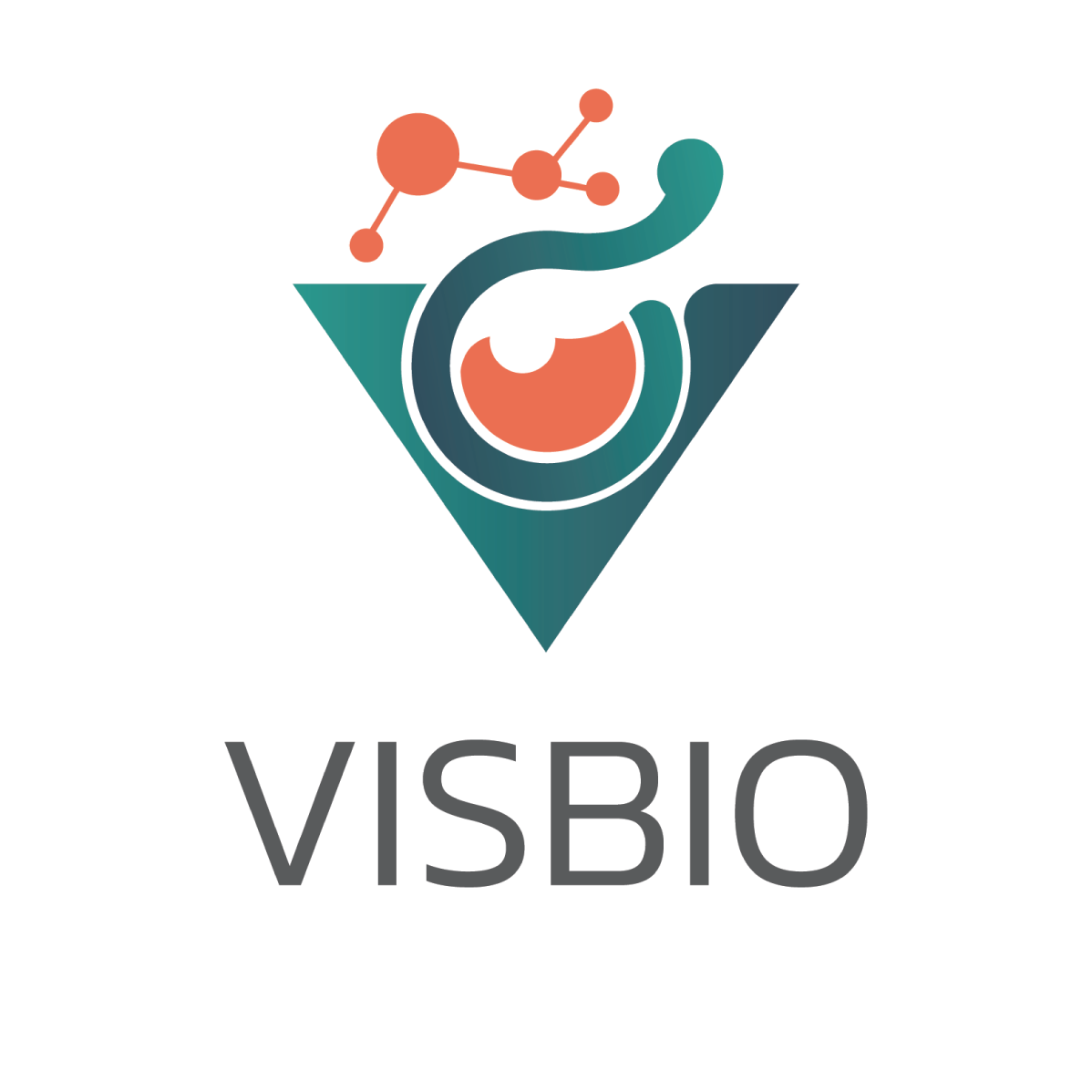Cervical cancer is a major health concern worldwide, often linked to infection by human papillomavirus (HPV), particularly HPV-16, which is known to play a critical role in the development of cancerous cells. While vaccines have been developed to prevent HPV infection, there is still a need for effective treatments for those already infected. In traditional medicine, herbal remedies have long been used for their anti-viral and anti-cancer properties. Today, these natural treatments are being investigated for their potential in modern cancer therapy.
In a recent study titled “The Inhibitory Effect of Kerra™, KSTM, and Minoza™ on Human Papillomavirus Infection and Cervical Cancer,” led by Associate Professor Dr. Kiattawee Choowongkomon, researchers examined the anti-cancer and anti-viral properties of three traditional Thai medicines: Kerra™, KSTM, and Minoza™. The study revealed that Kerra™ was highly effective in suppressing cervical cancer cell growth, while KSTM strongly inhibited HPV-16 infection. These findings highlight the potential of natural cervical cancer treatments derived from traditional Thai medicine.

The Role of HPV in Cervical Cancer Development
HPV is the leading cause of cervical cancer, with HPV-16 being one of the most high-risk strains for developing cancer. HPV infection leads to the transformation of normal cervical cells into cancerous ones through the overexpression of viral oncoproteins such as E6 and E7, which disrupt the normal function of tumor suppressor proteins like p53. This leads to uncontrolled cell growth and the formation of cancerous tumors.
The need to develop effective treatments for those infected with HPV, particularly in regions where access to HPV vaccines is limited, has led researchers to explore natural anti-HPV therapies. In this study, the traditional Thai medicines Kerra™, KSTM, and Minoza™ were tested for their ability to inhibit HPV infection and suppress the growth of cervical cancer cells, offering a promising alternative or complement to conventional therapies.
Anti-Cancer Effects: Suppressing Cervical Cancer Cell Growth
The study found that Kerra™ was the most potent of the three traditional medicines in inhibiting the growth of cervical cancer cells. Using MTT assays to assess cell viability, researchers observed a dose-dependent decrease in the proliferation of cancer cells when treated with Kerra™. This effect was linked to the activation of both autophagy and apoptosis pathways, which lead to cancer cell death.

Autophagy, a process where cells degrade and recycle damaged components, plays a critical role in suppressing cancer progression. In this study, the extracts promoted autophagy, which helps remove damaged proteins and organelles, thus preventing the survival of cancer cells. Kerra™ also activated apoptosis, the programmed cell death pathway, further contributing to the elimination of cancer cells. This dual mechanism of action makes Kerra™ a highly promising candidate for developing a natural treatment for cervical cancer.
Anti-HPV Activity: Inhibiting HPV-16 Infection
In addition to its anti-cancer effects, the study also revealed that KSTM was particularly effective in inhibiting HPV-16 infection, one of the major contributors to cervical cancer development. By blocking the entry and replication of HPV in cervical cells, KSTM significantly reduced viral load and the expression of E6 and E7 oncoproteins, which are essential for the virus’s ability to induce cancer.
Minoza™, though slightly less potent than Kerra™ and KSTM, still showed significant effects in reducing HPV infection and promoting the death of infected cells. The ability of these natural compounds to suppress viral replication and prevent the progression of HPV-induced cancer highlights their potential as part of a broader strategy for HPV management and cervical cancer treatment.

Natural Cervical Cancer Treatment: Harnessing the Power of Traditional Medicine
The results of this study underscore the potential of traditional Thai medicines as natural treatments for HPV and cervical cancer. While modern medicine has made great strides in the prevention of HPV infection through vaccination, there are still millions of people worldwide who are already infected and at risk of developing cancer. For these individuals, natural therapies that target both HPV infection and cancer cell growth could provide much-needed treatment options.
The extracts used in this study, particularly Kerra™, demonstrated significant cytotoxicity against cervical cancer cells and were effective in promoting cancer cell death through autophagy and apoptosis. These findings highlight the therapeutic potential of traditional medicines as part of a comprehensive approach to cancer care, combining the wisdom of traditional healing with modern scientific validation.
What Does This Natural Cancer Treatment Mean for Your Business?
For companies in the pharmaceutical, biotechnology, and nutraceutical sectors, the discovery of anti-HPV and anti-cancer properties in traditional Thai medicines presents a unique business opportunity. The global market for natural cancer treatments and HPV therapies is growing, driven by increasing consumer demand for natural health solutions and the rising incidence of HPV-related cancers.
Investing in the development of Kerra™, KSTM, and Minoza™ could position your company at the forefront of natural cancer therapy innovation. These plant-based treatments not only offer anti-cancer benefits but also have the potential to be developed into HPV-preventive therapies, making them versatile tools in the fight against cancer. By collaborating with research teams like Dr. Kiattawee’s team, companies can gain early access to intellectual property rights and fast-track the commercialization of these promising therapies.
As consumers increasingly seek out natural treatments with fewer side effects than conventional drugs, products derived from these traditional medicines could provide a competitive edge in both the pharmaceutical and nutraceutical markets.
The Future of Natural HPV and Cervical Cancer Treatment
The identification of Kerra™, KSTM, and Minoza™ as effective inhibitors of HPV infection and cervical cancer growth marks a significant advancement in the development of natural cancer treatments. As the global health community continues to focus on cancer prevention and treatment, the potential of traditional medicines to offer safe, natural alternatives to conventional therapies is becoming increasingly clear.
By targeting both the viral and cancerous aspects of HPV-related cervical cancer, these traditional Thai medicines could play a critical role in future cervical cancer treatment strategies. Their ability to activate cancer cell death through autophagy and apoptosis makes them valuable tools in the fight against this deadly disease.
Partner with Us for Cutting-Edge Natural Cancer Therapies
We invite companies in the pharmaceutical and biotech sectors to collaborate with us in developing Kerra™, KSTM, and Minoza™ into effective natural therapies for HPV and cervical cancer. Contact us for a free consultation to explore how your business can leverage this innovative research to develop next-generation natural cancer treatments.

About the Author:
Associate Professor Dr. Kiattawee Choowongkomon is an expert in natural product drug discovery and enzyme inhibition, with over 200 publications in the field. His research focuses on developing novel therapies for viral infections and cancer using traditional medicinal compounds.
About the Research:
This study, titled “The Inhibitory Effect of Kerra™, KSTM, and Minoza™ on Human Papillomavirus Infection and Cervical Cancer,” was published in Medicina and is available via DOI: 10.3390/medicina59122169. The research explores the anti-cancer and anti-HPV properties of three traditional Thai medicines, focusing on their ability to inhibit HPV infection and promote cancer cell death.


